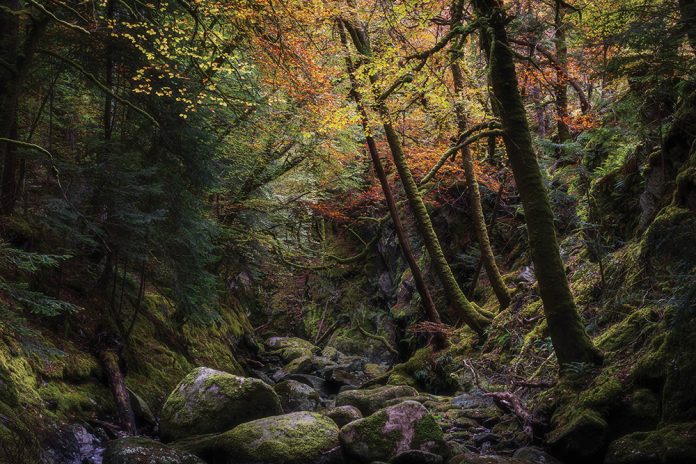Scotland is home to an incredible array of biodiversity, from rugged mountains to rolling hills, ancient forests to wild coastlines. This biodiversity not only provides us with a beautiful and unique landscape, but also plays a critical role in achieving net zero and fighting climate change.
As the world faces the ongoing challenges of climate change, it is becoming increasingly clear that protecting and restoring biodiversity is one of the most important things we can do.
Why is biodiversity important?
In our efforts to achieve net zero and fight climate change, biodiversity is important for several reasons:
Carbon storage: Biodiversity plays a crucial role in storing carbon in the form of organic matter in forests, soil, and other ecosystems. Maintaining and restoring ecosystems that are rich in biodiversity can help sequester carbon and reduce greenhouse gas emissions.
Climate resilience: Biodiversity is also important for building resilience to climate change. Ecosystems with high biodiversity are more resilient to extreme weather events, such as floods, droughts, and storms, and can better adapt to changing environmental conditions.
Ecosystem services: Biodiversity provides a range of ecosystem services, including pollination, soil fertility, and water purification. These services are critical for maintaining agricultural productivity and human well-being, and are important for achieving sustainable development.
Co-benefits: Biodiversity conservation can also provide co-benefits, such as job creation, food security, and cultural and spiritual benefits. These co-benefits can contribute to achieving the broader goals of net zero, such as poverty reduction, sustainable livelihoods, and social equity.
What is Scotland doing?
In Scotland, we have already made significant progress in this area. From the creation of the Scottish Biodiversity Strategy to the establishment of the Scottish Natural Heritage, we have been working hard to protect and promote our country’s natural heritage.
In particular, Scotland’s forests, peatlands, and marine environments are vital to our efforts to combat climate change. Forests absorb and store carbon, while peatlands act as important carbon sinks. Scotland’s marine environment also plays a key role in sequestering carbon, with kelp forests alone estimated to sequester over 600 million tonnes of carbon per year.
Scotland’s biodiversity is not only important for its role in mitigating climate change, but also for its ability to help us adapt to the changing climate. By protecting and restoring natural habitats, we can create resilient ecosystems that are better able to withstand the impacts of climate change, such as flooding, storms, and drought.
The Scottish Government recognises the importance of biodiversity in achieving net zero and fighting climate change. That is why Scotland has committed to a range of initiatives, including the creation of new protected areas, the restoration of degraded peatlands, and the expansion of our forest cover. Scotland is also working with businesses and communities to promote sustainable land use practices and to reduce greenhouse gas emissions.
As we look to the future, we know that biodiversity will play an increasingly important role in helping us to achieve our climate goals. By working together, we can protect and restore Scotland’s natural heritage, ensuring that future generations can enjoy the same incredible biodiversity that we do today.






